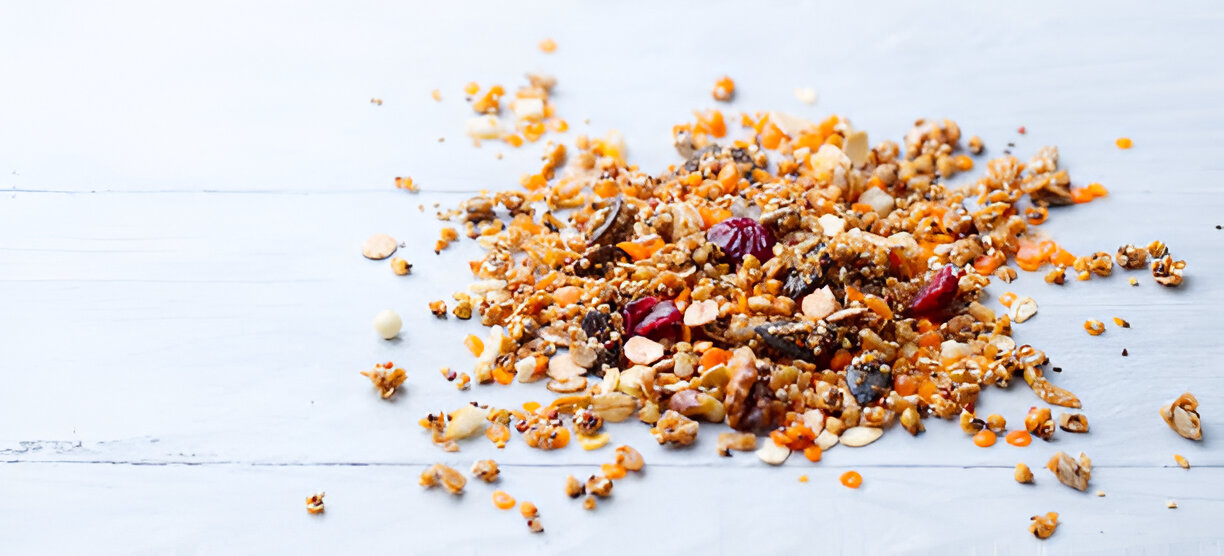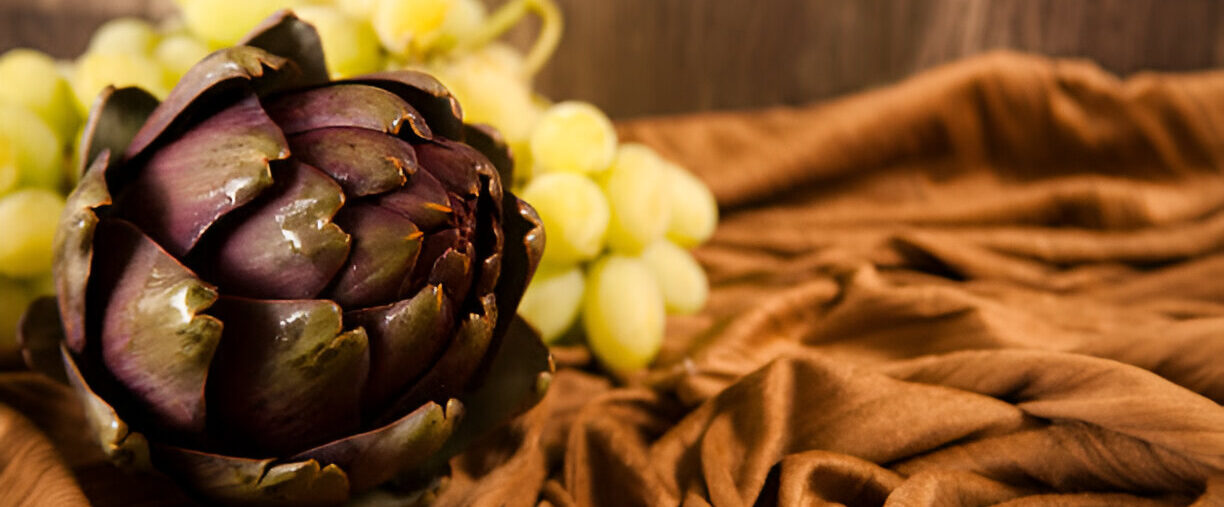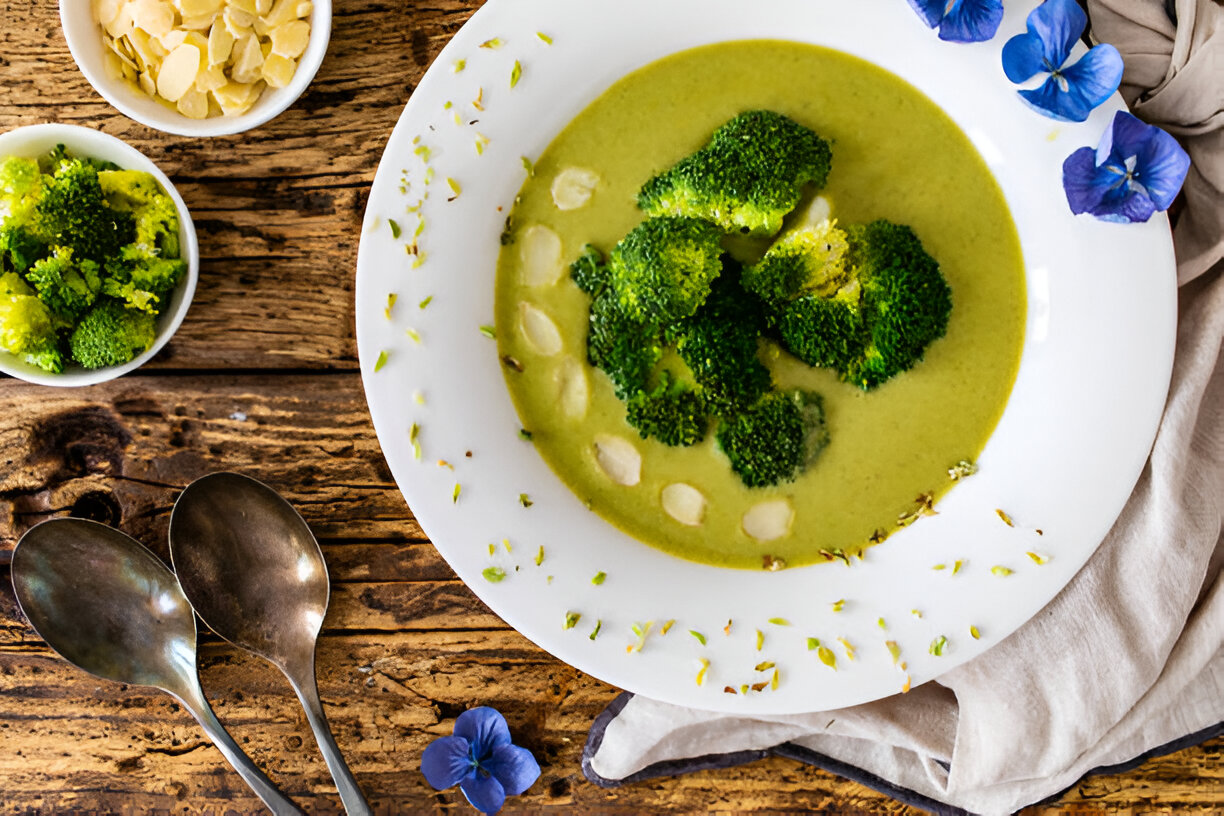
Be Proactive
To keep allergies under control, supplement with 600 milligrams of quercetin twice daily between meals, suggests Randy Horwitz, M.D., Ph.D., medical director of the Arizona Center for Integrative Medicine.
An antioxidant, quercetin, helps stop cells from releasing histamine, a chemical that sets off symptoms in response to allergic triggers.
It can take four to six weeks for quercetin to work, so ideally you should start supplementing about six weeks before allergy season. That said, it can still help if taken later.
If you do suffer an attack, Horwitz recommends 50 mg of the herbal antihistamine butterbur two to four times a day to soothe symptoms. Also try nettle leaf; take 500 mg two to three times daily, suggests naturopathic physician Josh Berry.
Use a Rinse
Cleansing your nasal passages regularly helps keep them clear and washes away potentially irritating allergens, which can thwart allergic reactions, says Berry. It also can help relieve allergy symptoms, according to a small study by the University of Wisconsin School of Medicine and Public Health.
Berry recommends using a neti pot, a traditional Indian vessel with a spout that pours directly into your nose; rinse morning and night with 1/4 teaspoon of salt mixed with 1 cup of warm water. (Watch a Body+Soul editor demonstrate how to use a neti pot.)
Rethink Your Diet
Nasal symptoms from seasonal allergies are mainly due to an inflammation of your nasal membranes, explains Horwitz. Following an anti-inflammatory diet of foods rich in antioxidants (brightly colored fruits and vegetables) and omega-3s (fish such as salmon and herring, ground flaxseeds, walnuts) can go a long way in stamping out symptoms.
Indeed, several studies show that kids with diets high in certain fruits, vegetables, and fish are less likely to experience allergy symptoms such as wheezing. Horwitz also advises cutting back on milk and milk products, which contain proteins that may increase mucus production — the last thing a runny nose needs.
Try Hypnosis
Several studies suggest that using hypnosis — a trancelike technique that leaves you more open to suggestion — can deliver allergy relief. A report from Switzerland’s University Hospital Basel, for instance, found that allergy sufferers who were taught self-hypnosis saw significant improvements in symptoms and well-being over the course of a year.
“Because neural pathways are involved in allergic reactions, altering your mental state might affect your reactivity,” explains Horwitz. With the help of hypnosis, he says, you can encourage your immune system to “unlearn” its usual response to allergens and keep symptoms at bay. To find a practitioner, visit the American Society of Clinical Hypnosis at asch.net.

























